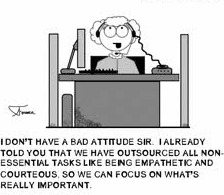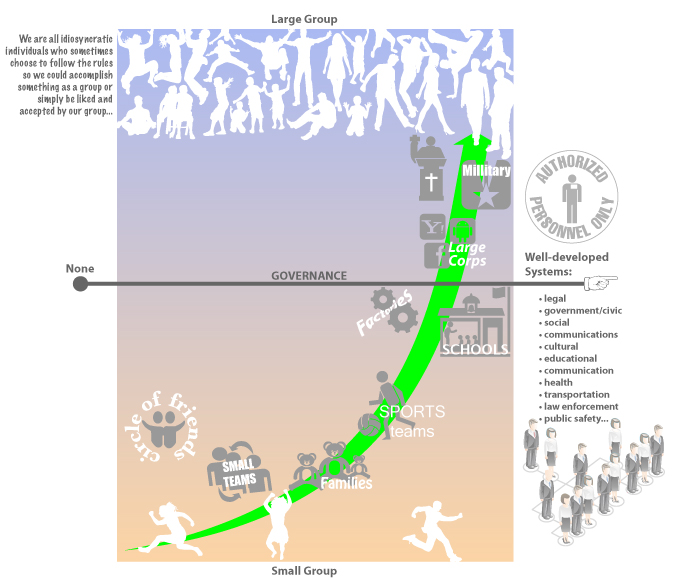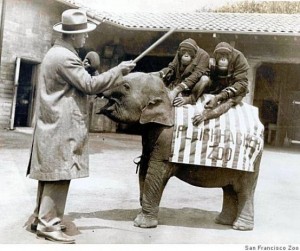
We all want to go back to normal. We cry about it and complain: “Enough is enough. We want our lives back.” This need to “go back to normal” is always with us, although maybe on a different scale post-pandemic. But even before Covid, there were always things that disturbed our perception of normal: new teachers, new housing, new jobs, new routines, stores and restaurants closing, cars that break down, challenging illnesses, new bus routes. Towards the end of our vacations, we come to realize that, although adventures are fun, it is good to be home where things are as we expect them to be. This want of predictability, for having our expectations met, is at the crux of a deep-seated need for normalcy. We have a limited capacity for taking in and processing information — we have limited short-term memories. When there is a flood of unfamiliar data, we get overwhelmed. We end up not having enough cognitive and emotional capacity to handle the new stuff on top of all the other things we have to do. Sudden change makes life feel overwhelming. Anchoring Errors This brings me to anchoring errors, which are basically little cognitive traps our minds…






